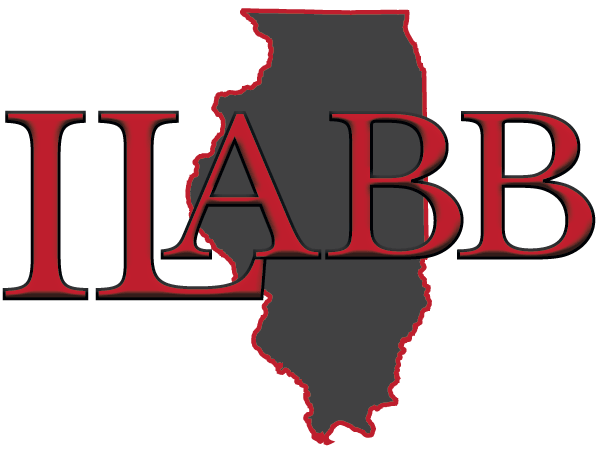MOHAMMAD POTHIAWALA
A Reminiscence by Jim Perkins
Mohammad Pothiawala, who died on January 13, 2022, had a profound impact on my career, as he did on the careers of so many other Chicago blood bankers of my generation.
I first met Mohammad when I was chief resident in pathology at the University of Chicago (“U of C”). The director of the blood bank had been fired and the manger had left with him, the day and evening shift supervisors weren’t speaking to one another, and although there were some fine individuals working in the laboratory, it was kind of a mess. I was one of the only residents who had any blood bank training (one month with Phyllis Unger in the SBB lab at Michael Reese Hospital), and there were no clinical pathologists with blood bank expertise. In panic the department head hastily recruited Dr. Niles Rosen, one of the few graduates of the program doing clinical pathology, to spend two afternoons a week at the University, gave me the blood bank pager and assigned me to the day-to-day medical duties under Dr. Rosen’s tutelage. Our first order of business was to recruit a manager/technical director of the blood bank, and Mohammad, after taking the job, he immediately went about repairing things!
But the story I want to tell about him begins in 2002 when he recruited me for a teaching trip in Pakistan, specifically the city of Karachi where he grew up. The trip, originally scheduled for February, 2002, was delayed until February, 2004 by the attack on the world trade center. We flew to Karachi through Istanbul, and on the return trip we spent four or five days together sightseeing in Istanbul, during which Mohammad told me his life story. He was a great travel companion, and the visit was made even more memorable by a huge blizzard in a city without snow shovels.
The story Mohammad told (to the best of my memory) was of being raised by his mother in a slum shack, his father having died when he was an infant. His mother was illiterate but was obviously a remarkable person; although she did not speak Arabic she could recite the entire Quran. There was little food, but he would be fed by the nuns of a local order in return for being a subject of vaccine experiments which he said had left rows of scars on his back. There was no money for school, but the nuns helped him learn to read, and he talked of practicing his reading on scraps of paper he would find in the streets. He was big for his age and athletic, and as he grew older he would borrow schoolbooks from boys in return being a ringer on their soccer teams. School advancement under the English system was all about passing examinations which he could study for independently in the borrowed books in spite of not being formally enrolled. Examinations led to various certifications and diplomas, and ultimately one in in accounting.
Mohammad’s father had served in the English colonial army during World War II, and in spite of the fact that their shack would typically flood during the yearly monsoon, there was a high shelf on which they managed to preserve his army documents. Like other citizens of the British Commonwealth, this documentation, coupled with his academic certifications, entitled Mohammad ultimately to emigrate to Egypt and to the United Kingdom with the help of an older brother who had preceded him, again made possible by the father’s war service. Finally Mohammad got a visa to the United States, where he found an accounting job with Playboy Enterprises here in Chicago.
Mohammad related that he found a lot of accounting problems at Playboy. Some of which, as I recall his story, related to the well known fact that Hefner liked to hire friends to run his one-time huge empire of clubs and casinos, many of whom had little business experience or worse. He said he was able to fix many problems, saving money for Playboy, but, to paraphrase him, he got tired of working just to make rich people richer. He entered the medical technology program at the University of Health Sciences/Chicago Medical School (now Rosalind Franklin University) gaining a bachelors degree in medical technology and then a masters degree in immunohematology and administration. He earned his SBB in the Mt. Sinai program with Dr. Chang Ling Lee while concurrently working in the blood bank, eventually becoming a supervisor there over a total span of 11 years, with stints at Cook County Hospital and the American Red Cross Reference Lab as well, before coming to the U of C.
In his role as blood bank technical director at U of C for the next three decades I think of him as always one of the earliest adopters of new blood bank technology in Chicago whether it be PEG enhancement, column agglutination, the computer crossmatch, or automation. As he shared his knowledge and experiences with the rest of us through the ILABB and the Chicagoland Blood Banking Society, he was a true “thought leader”.
Click here to visit his Tribute Wall


